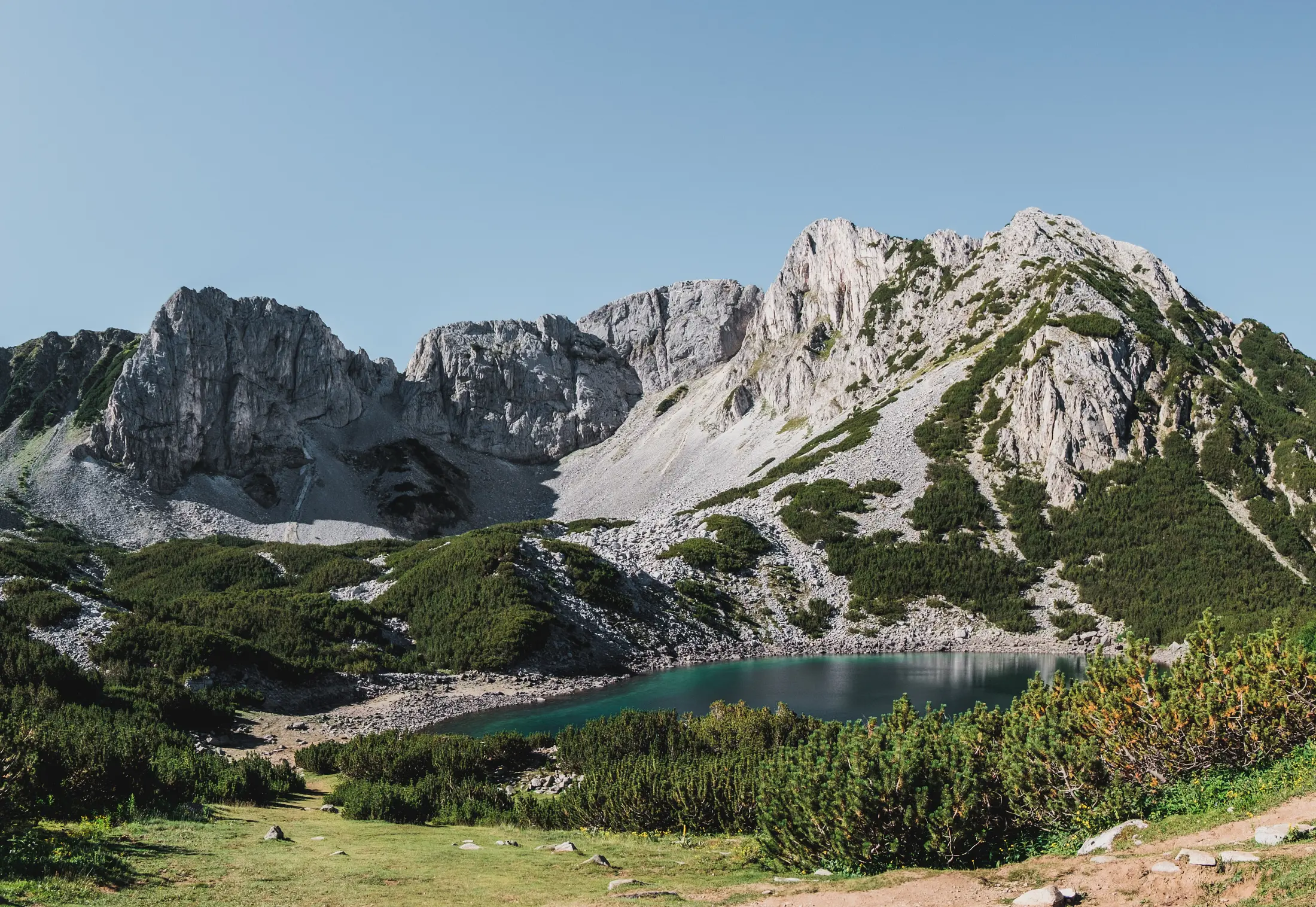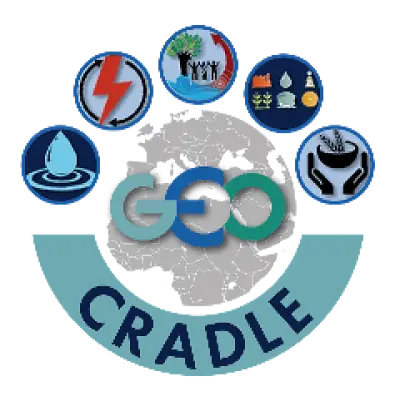The scope of GEO-CRADLE is motivated by the need to sustain and scale up the results achieved during the implementation of the H2020 GEO-CRADLE project and follow-up activities up (e.g., e-shape, Early Warning System for Mosquito Borne Diseases - EYWA), and promoting relevant key outcomes of EU Flagship projects and Initiatives (e.g., EUROGEO, AFRIGEO, NextGEOSS, ERAPLANET, GEOGLAM, GEO-VENER).
GEO-CRADLE performs a thorough gap analysis that utilizes the outputs of the user need analysis, the information collected in the inventories of existing Earth observation capacities, and extends the work performed by previous relevant projects in order to: determine and document the gaps between the existing EO capacities, enable the identification and sharing of best practices and drive the development of an action plan against the priorities addressing regional challenges, and refining the scope of the pilot activities that focus on regional GEO, GEOSS, and Copernicus perspectives.
One of the largest aims of GEO-CRADLE is to tackle these challenges and promote the uptake and exploitation of Earth Observation activities in North Africa, the Middle East and the Balkans that address four key thematic areas (adaptation to climate change, improved food security & water extremes management, access to raw materials, and access to energy). The continuous provision of accurate and timely information through coordinated and sustained Earth observations (EO) activities is a key enabler for informed decision making in response to these challenges.
GEO-CRADLE project partners will continue operations towards intensifying stakeholder engagement and liaison activities through:
- Promoting the coordination of EO activities at regional level through the sustained operation of the GEO-CRADLE networking platform and the interfacing with key initiatives (including regional GEOSS’ like EuroGEOSS and AfriGEOSS);
- Assessing the maturity of EO activities at national level, towards informing targeted capacity building;
- Fostering the progressive operationalization of Earth observation-based services, building on the results of GEO-CRADLE pilots, linking to the GEO priorities and the national needs for achievement of SDGs and involving the private sector;
- Further promoting the effective implementation of GEOSS Data Sharing Principles in the region and the registration of national datasets to GEOSS Platform.



